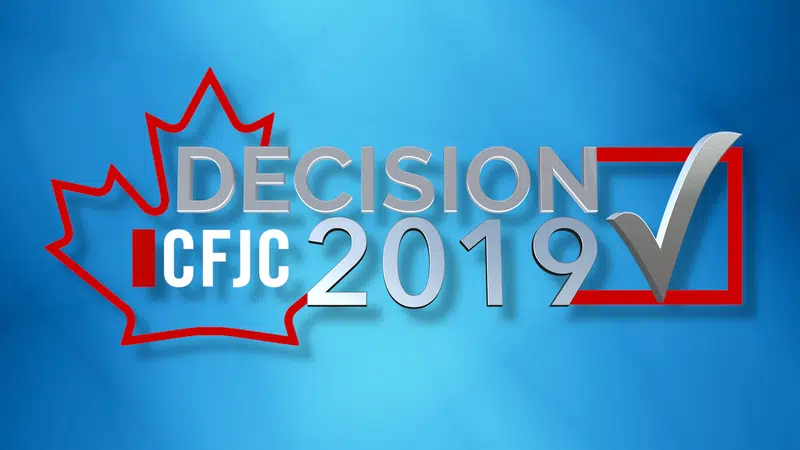
2019 Federal Election Issues: Health Care
KAMLOOPS — Health care affects everyone. Whether you require a hospital visit, a trip to your doctor, or prescription medication, you will lean on the health care system at one time or another.
While health is provincial jurisdiction, the federal government provides transfer money to help support each province’s healthcare system. This year, provinces will share in $40 billion of federal support for health care.
A big topic of debate leading up to this election has been the idea of universal pharmacare and how to roll it out.


